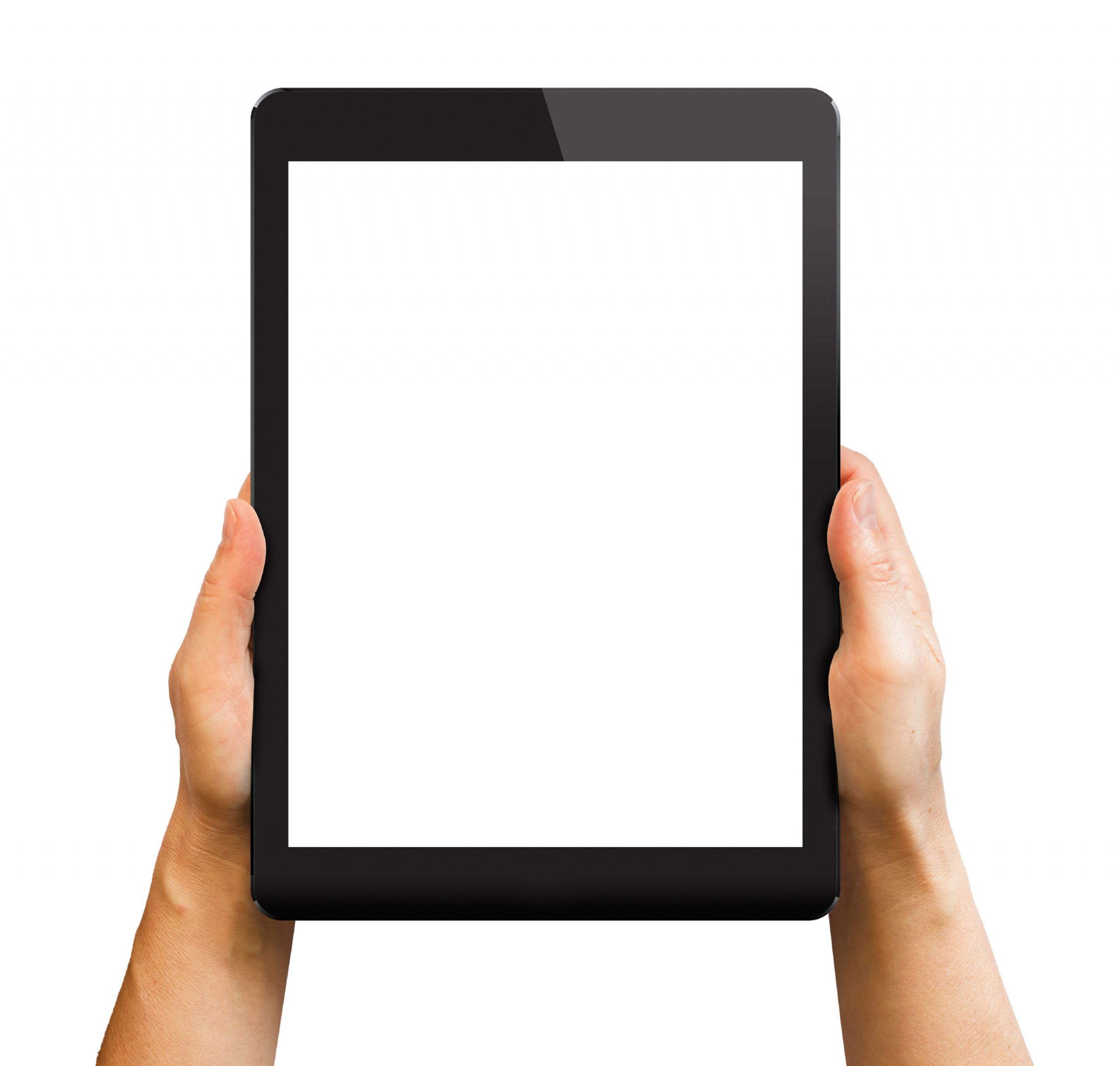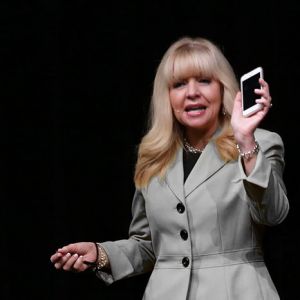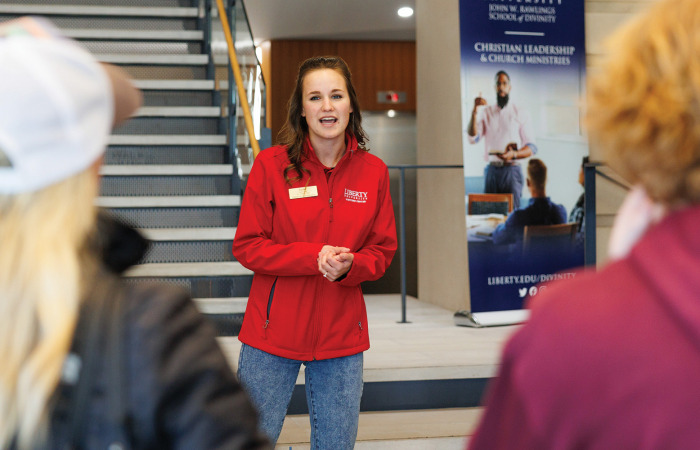Technology’s rapid growth has transformed many aspects of day-to-day life, including social behavior. People now have access to almost limitless amounts of information on their mobile devices and seem to be connected 24/7. In response, Liberty University has launched the nation’s first Center for Digital Wellness, providing educational resources, training, and mentoring to students, faculty, staff, and parents to promote a healthy use and biblical view of technology.
“Technology has a way of giving us control and taking it away at the same time,” said Dr. Sylvia Hart Frejd, founder and executive director of Liberty’s Center for Digital Wellness. “I like what technology is doing for us, but I don’t like what it is doing to us. Everyone is being impacted, and every person has to decide what their digital boundaries are and how much control they are going to give technology.”
Though many universities have addressed the topic, Liberty is the first to dedicate an entire center to it. Its purpose, as part of Liberty’s Center for Academic Support and Advising Services, is to raise awareness about the dangers of digital overuse and saturation.
Frejd holds a master’s degree in counseling and a doctorate in leadership, and is certified in Internet addiction and recovery coaching. She is the author of “The Digital Invasion,” a book on digital wellness, and is currently writing another.
According to Frejd, recent studies show a 30 percent increase in narcissism among college students and a 40 percent decrease in empathy. It appears that people are becoming more interested in themselves and less interested in others due to overuse of digital technology.
On average, a person checks their smartphone 150 times per day, Frejd said. Brain scans have shown that smartphone use changes our brains. Overuse can lead to an inability to identify nonverbal cues, as well as a higher risk for depression, anxiety, and stress.
Frejd said raising awareness is especially important for college students, who, as “digital natives,” may not even realize how much they are immersed in their technology.
“This is a pivotal time in a young person’s life. They will determine how they are going to harness this technology and how they are going to let it enhance their lives, but not overtake them,” Frejd said, noting that the habits students form now will impact their future relationships. “I believe that 10 years from now, those who can manage their digital lives well are going to be the most successful in their lives, in their careers, and in their relationships.”
Frejd frequently lectures in classes, departments, and at other university events to explain the need for healthy digital boundaries. She suggests using simple strategies, such as not using cellphones for non-emergencies in the evening or designating technology-free zones at home.
The center also provides opportunities for students to unplug. In January, Frejd led the first Digital Detox retreat, where students spent a weekend at a camp with no Wi-Fi access. Students were encouraged to spend time in prayer, in Bible study, and in face-to-face conversation with others.
“God has created us for real-life conversations. It is how we flourish,” Frejd said. “But even in a hyper-connected generation, studies still show we are lonelier than ever before.”
The psychological reason for this, she explained, is that if people never learn how to be alone — to internally process thoughts and emotions — they will find themselves in a constant state of loneliness. Learning to resist the urge to reach for your phone every time you feel alone or bored is important, she said.
Frejd realizes that to reach digital natives, you must speak their language. The center uses social media and other forms of technology to spread its message and provide tips for healthy digital use. It plans to create a YouTube channel with short videos addressing various issues related to unhealthy digital use, such as stress, anxiety, and depression.
“A part of digital wellness is embracing all of the positive aspects of technology and using it in a healthy way,” Frejd said.
Ultimately, Frejd’s goal — and that of Liberty and its leadership — is to see students thrive in their college years and in life.
“I want to see each student reach their goals and their life purpose, God’s plan for them, and to not have poor digital management impede their success,” Frejd said.
10 Steps to Digital Wellness
1. IT’S NOT “I TWEET, THEREFORE I AM.” Think twice before you post, tweet, text, or upload it.
2. WATCH YOUR DIGITAL FOOTPRINTS, because they are permanent.
3. UNPLUG. Take a digital “fast” once a week or once a month.
4. INVEST IN RELATIONSHIPS. Real people trump virtual ones.
5. ESTABLISH DIGITAL BOUNDARIES. Limit when you use digital devices and how much time you spend on them.
6. FIND THINGS YOU ENJOY DOING IN REAL LIFE and do them.
7. GET OUTSIDE. Take walks, feel the sun, and breathe fresh air.
8. POWER DOWN AND GET SOME SLEEP. Your brain can’t thrive without it.
9. CULTIVATE YOUR “GODSPACE” daily. Take time to be still and know that He is God.
10. BE A GOOD STEWARD. Use technology for God’s glory.





